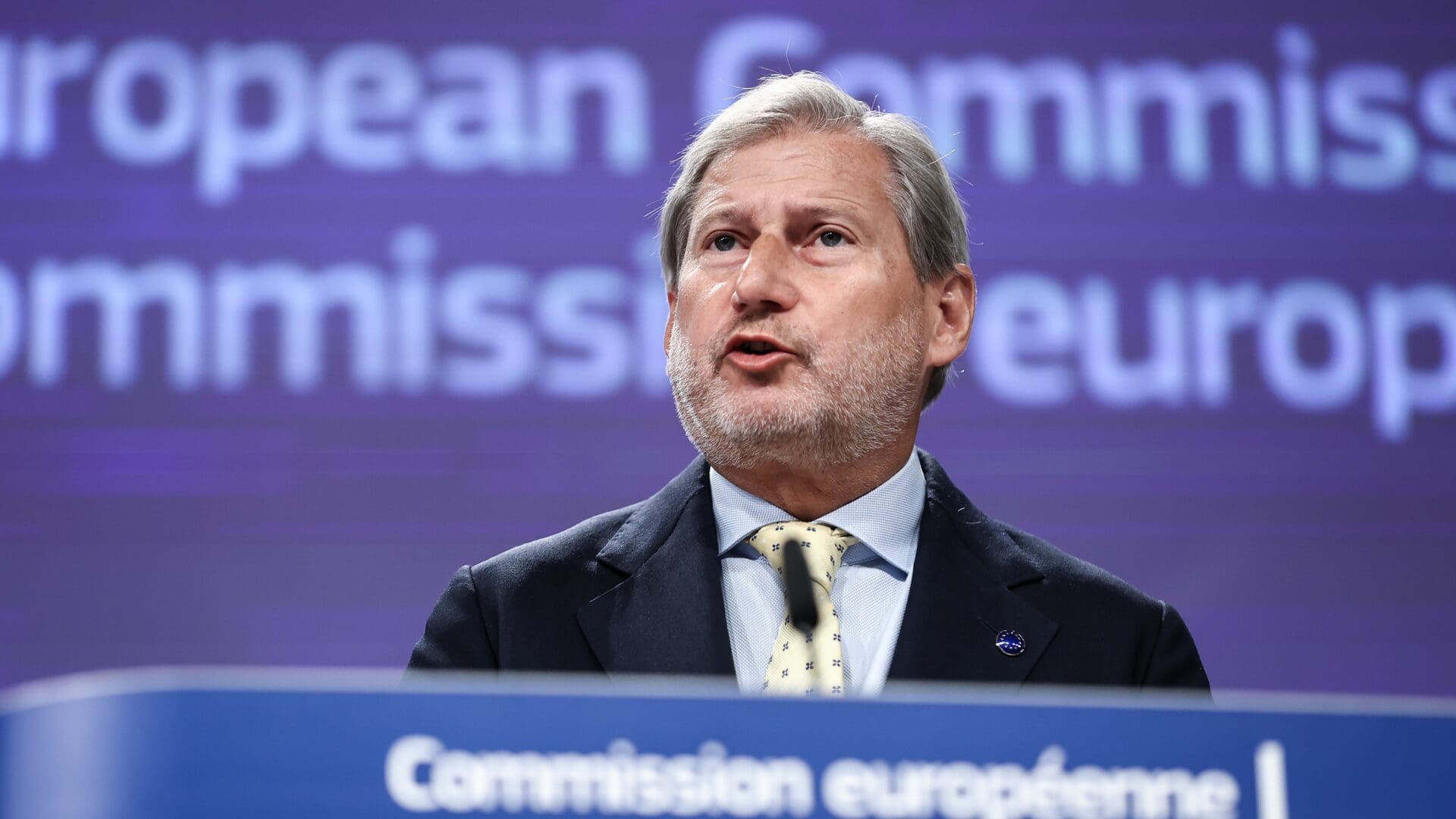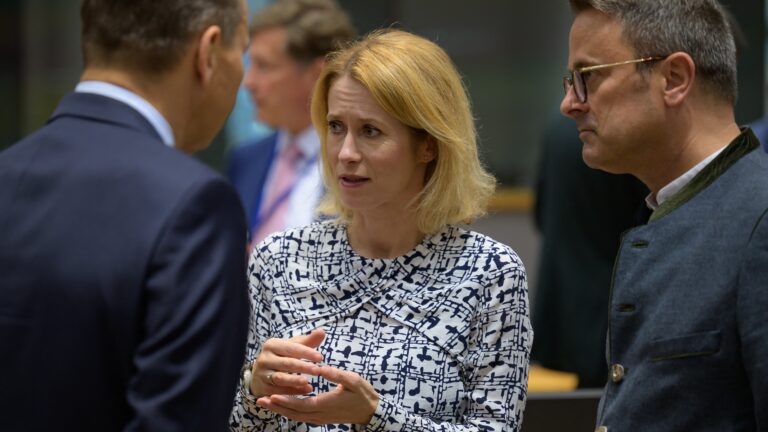Hungarian think tank Nézőpont Institute (Nézőpont Intézet) has published a report analysing the state of the rule of law in the European Union. More specifically, the analysis looked at the EU institutions and has identified several areas where the rule of law is under threat. According to Nézőpont, the effectiveness of these institutions in upholding the rule of law is questionable, with the institutions themselves engaging in practices that place the rule of law under threat.
What is the Rule of Law Really?
To put it simply, the rule of law refers to the idea that all individuals and entities, including governments, are subject to the law, and that the law should be applied in a fair and impartial manner. The rule of law is seen as a necessary condition for the protection of human rights, the preservation of democracy, and the promotion of economic prosperity.
In the context of the EU, the rule of law is closely linked to the EU’s system of governance, which is based on the above mentioned principles. The European Union has a complex legal framework, which includes treaties, directives, regulations, and case law from the European Court of Justice. It is EU institutions, including the European Commission, the European Parliament, and the Council of the European Union that are responsible for upholding the rule of law within the EU.
In recent years, the rule of law has become a contentious issue within the EU. It has been suggested that some EU member states have been violating it, for example, limiting the independence of the judiciary, restricting the freedom of the press, and undermining the rights of various minorities. EU institutions have penalised or attempted to penalise countries allegedly guilty of rule of law violations, most conspicuously by establishing the so-called Rule of Law Conditionality Mechanism.
The EU has also been working to strengthen the rule of law in other ways, such as by promoting the use of the European Arrest Warrant, which allows for the extradition of criminal suspects between member states, and by increasing cooperation among national law enforcement agencies.
Overall, the rule of law is a crucial element of the EU’s system of governance, and it is professedly essential for maintaining the stability and prosperity of the EU. EU leaders have repeatedly expressed commitment to the rule of law and reiterated that it remains their top priority, and that Brussels will continue to take measures to ensure that it is upheld and respected by all member states.
Key Takeaways from the Report
The problems is that the same EU institutions that should and claim to the protectors and enforcers of the rule of law, tend to undermine it, Nézőpont says. The report reminds that although the rule of law is enshrined in the EU’s treaties, a ‘culture of impunity has taken hold in the European Parliament, which, at the same time, would expand its powers at the expense of member states in violation of the treaties.’ The European Commission is no longer the neutral Guardian of the Treaties, the report suggests, since the Juncker Commission created a culture of politically motivated procedures and decisions.
According to Nézőpont, the Court of the European Union is biased in favour of the European Commission, which reduces the chances of member states of obtaining legal remedy and casts a shadow over one of the most important elements of the rule of law, the opportunity of a fair hearing.
The European Parliament is characterised by a democratic deficit, the Institute highlights in the report, as historically there is a very low turnout at European parliamentary elections, which leads to ‘weak and disproportionate representation.’
‘While the EU institutions and their leaders present themselves as committed to pluralism, they apply a double standard to member states and national minorities, and ignore the opinions of national leaders, institutions, and national referenda,’ the Institute’s website reads.
‘The disregard for contractual powers, institutional bias, double standards, corruption, and the lack of legal certainty all undermine the principles of the rule of law in the EU institutional system,’ the analysis concludes.








